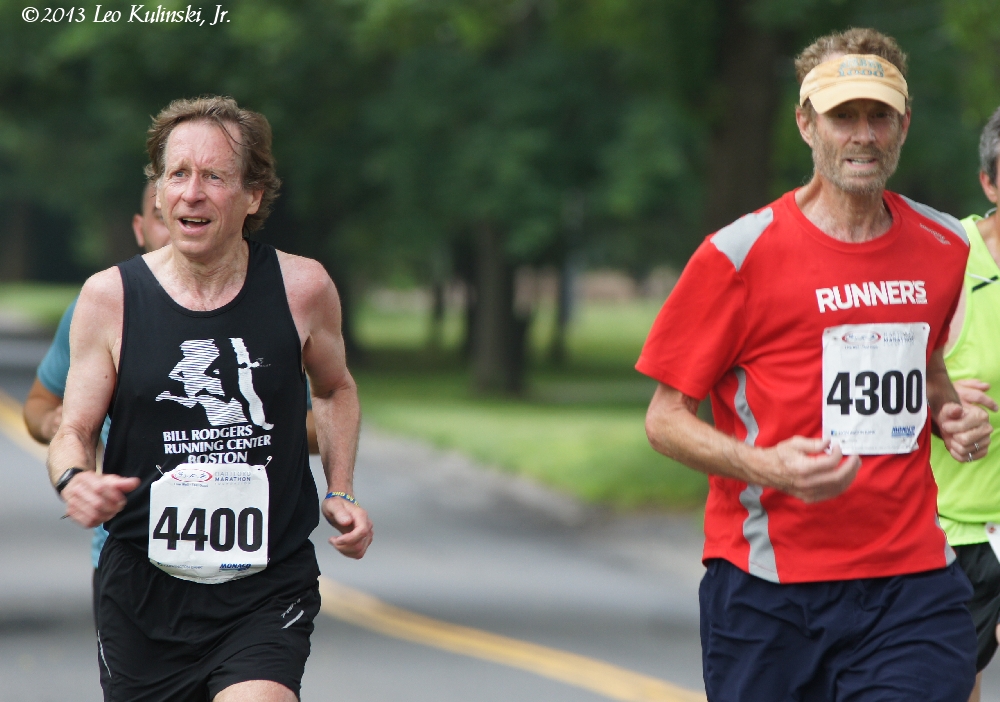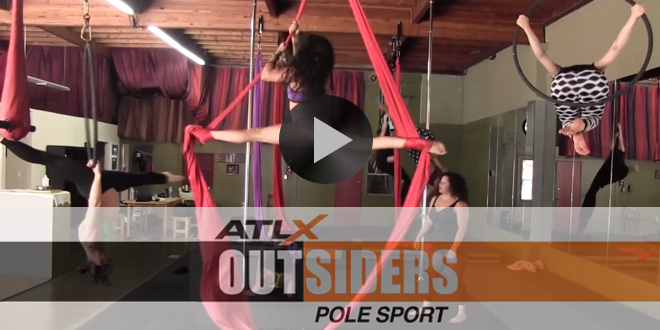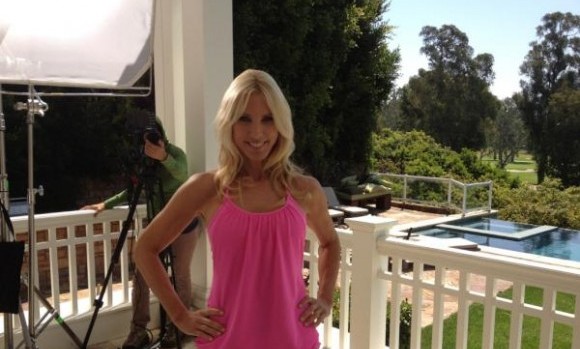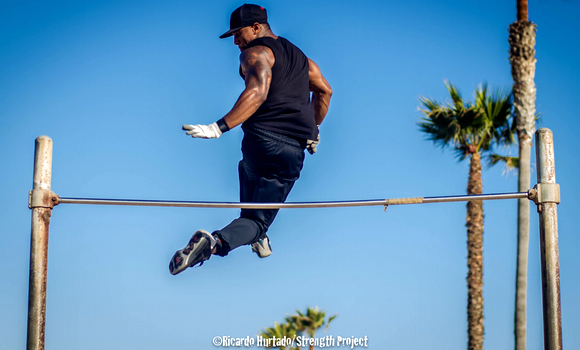By: Sarah McWilliams
Four-time Boston Marathon winner Bill Rodgers has been on the running scene since winning his middle school gym class mile, and this year he will be inducted into the New York Road Runners Hall of Fame. ATLX spoke with Bill Rodgers about his passion for running and how he has seen the sport change over the years.
Where did you get the passion for running?
It started when I was a kid. I ran the gym class mile and I was the fastest in the school. When I was a sophomore I joined the cross-country team with my brother and my best friend.
Cross-country is such a unique sport, and it’s a global sport. In the United States it doesn’t get any ink, because it’s not a big money sport, but at the high school and college level it’s very big.
What ignited your interest in marathons?
When I was in high school I did the two-mile. In college I did the mile, and after I graduated I actually quit running and moved to Boston. My brother Charlie and our good friend Jason did the same. We had quit after college, because we weren’t part of that team anymore, but when we saw the Boston marathon, it kind of motivated us all to start running again. Later we aimed to run [in the Marathon], and after that to actually win the Marathon, and then I started exploring marathons all over the US and the world.
What was it like starting to train again after taking ten years off?
It was a gradual thing. I only ran one road race in high school and a couple in college. I didn’t know how to train very well. I didn’t like running in the summer heat and humidity or in the freezing cold winner. Part of that was that we didn’t have very good running clothing or running gear in those days.
Now that you have the better gear, do you enjoy it more?
I’ve learned how to dress right for different weather conditions and how that affects me, but I didn’t know that when I was a beginner. I slowly learned that when I started upping my training, training harder and doing more training. At the time you had to learn as you went in this sport. Things like trying to find a good pair of shoes, the shoes that worked best for me.
Speaking of shoes, is it true you got a marketing letter from Nike and Steve Prefontaine before they were big?
What happened was in 1975 I ran the world cross-country championships, and won the bronze medal there. It was kind of a breakthrough race for me. One of my teammates on the American team was a boy named Jeff Galloway, and he interceded on my behalf, and I said, “Hey I’m running the Boston Marathon next month, and I could use a good pair of racing shoes.” The next thing I know I get a pair of racing shoes in the mail from Steve Prefontaine, a note from Steve congratulating me on my race in Morocco at the world cross-country champs, and the shoes for the Boston Marathon.
I knew who Steve was, but I had never met him, and then he died around a month after Boston in May. It was just a strange thing. It was ironic that I got the shoes and I was able to win. I was very lucky, but it’s tough about Steve. He did so much for Nike. He was Nike’s first athlete. All runners know who he is.
Well, you’re pretty popular as well.
I’ve just been around for so long. That’s what it is, you know, it’s ridiculous.
With your longevity in the running community, how have you seen the sport change over the years?
Our sport has done great things over the past 30 or 40 years, so I’m lucky I was running well in that period of time. The runners in the 60s had a really hard time; they couldn’t make a living at it. They couldn’t be paid for their racing, they couldn’t get prize money, and they couldn’t get paid to write a book, coach or anything. It was very backwards. It was called amateurism, it was a code that Olympic Athletes had to live by and it was very limiting in a lot of ways, so now it’s much better.
I began running in 63 when I was 15, and of course track field was pretty big then worldwide. But marathon racing and road racing wasn’t very big. It has changed so much.
Adding prize money has really helped grow the sport. For the sport to go professional with more prize money attracted more media and now it’s a global sport. It’s great. More people are trying running, trying half marathons, trying 5Ks. And then there is also the fundraising side, like the Komen Race for the Cure and Leukemia Team in Training. Almost every marathon is a big fundraiser now.
Do you ever get sick of running?
Oh yeah. I did quit once. I quit after my senior year at Wesleyan, I broke nine minutes for two miles. I ran 8:58 in an indoor track meet at the Coast Guard Academy. When I did that I was kind of like, that’s enough.
When I saw the marathon, it took me a while, but I got going. But I just think that’s a normal thing for young people. When you graduate high school or college, you need to find your way in this world, Facing whatever it is you have to face, being in a new city or a new location, all of those things are really hard, very challenging.
What about the trend of endurance racers? Have you ever wanted to race farther than a marathon or is that too extreme?
I’m going in the other direction! Instead of doing more, I’m doing less. The 10K is the new marathon.
I’ve thought about it. Ultra-marathoners are people who are talented and specialize in running that far. The very best — the Scott Jureks or the Dean Karnazes’ — they have a talent for that and they love it.
I don’t want to say that’s extreme. I don’t want to use extreme because it’s taken in a negative way. I admire that. I admire people who really want to explore the world and push the limits.
A lot of people believe that running is bad for you or hard on your joints. Have you been plagued with any injuries?
For 40 years media people have asked me, “How are your knees?” Because there was a myth that running was bad for your knees. I even went on TV shows, and a doctor would say, “Running is bad for you” and I would say, “Umm, hmm, I don’t think so. Come on, buddy.”
I think Doctors, at one point, didn’t know [better]. There has been so much science and today we know so much more. We know being active is the way to live your life. But yes, of course I had some [injuries over the years]. Achilles tendinitis. Plantar fasciitis. I’ve never had surgery though. I think I’ve had about as many hard miles on my body as anyone in the world. I think I’ve run about 175,000 miles since 1963. I think Frank Shorter is up around that territory as well, but you do have to expect it with any sport, when you’re exploring or pushing it, your body is trying to get used to this new distance, you may have injuries. But most running injuries are very treatable.
What are you doing now to remain active?
I run about 40 miles a week, sometimes and little more and sometimes a little less. But that seems to work for me. I’m not one of the top guys in the country in my age group, but sometimes I’m in the top three or something like that. I still like to race sometimes. I do a couple half marathons a year. I put in a 5K, 10k, or 15K.
Bill Rodgers’ book, Marathon Man, can be purchased through Amazon or you can get an autographed copy through his website.
 ATLX The only sports entertainment television and digital media network fully devoted to everyday athletes, athletic lifestyle and athletic culture.
ATLX The only sports entertainment television and digital media network fully devoted to everyday athletes, athletic lifestyle and athletic culture.





